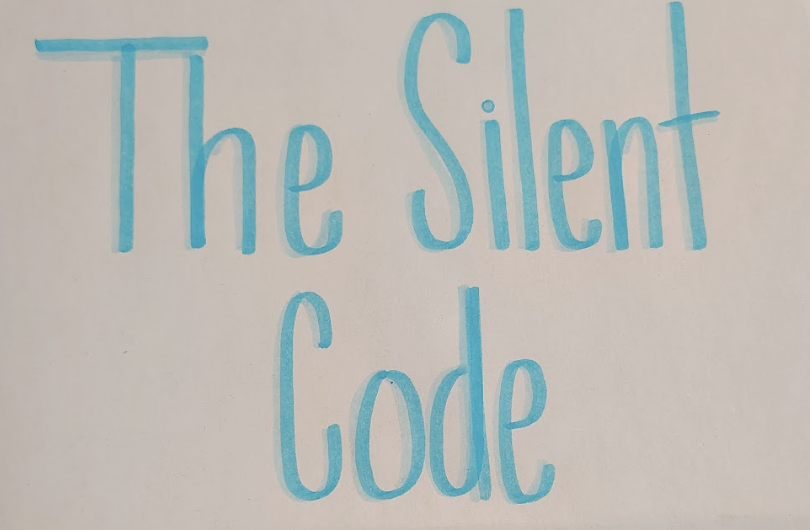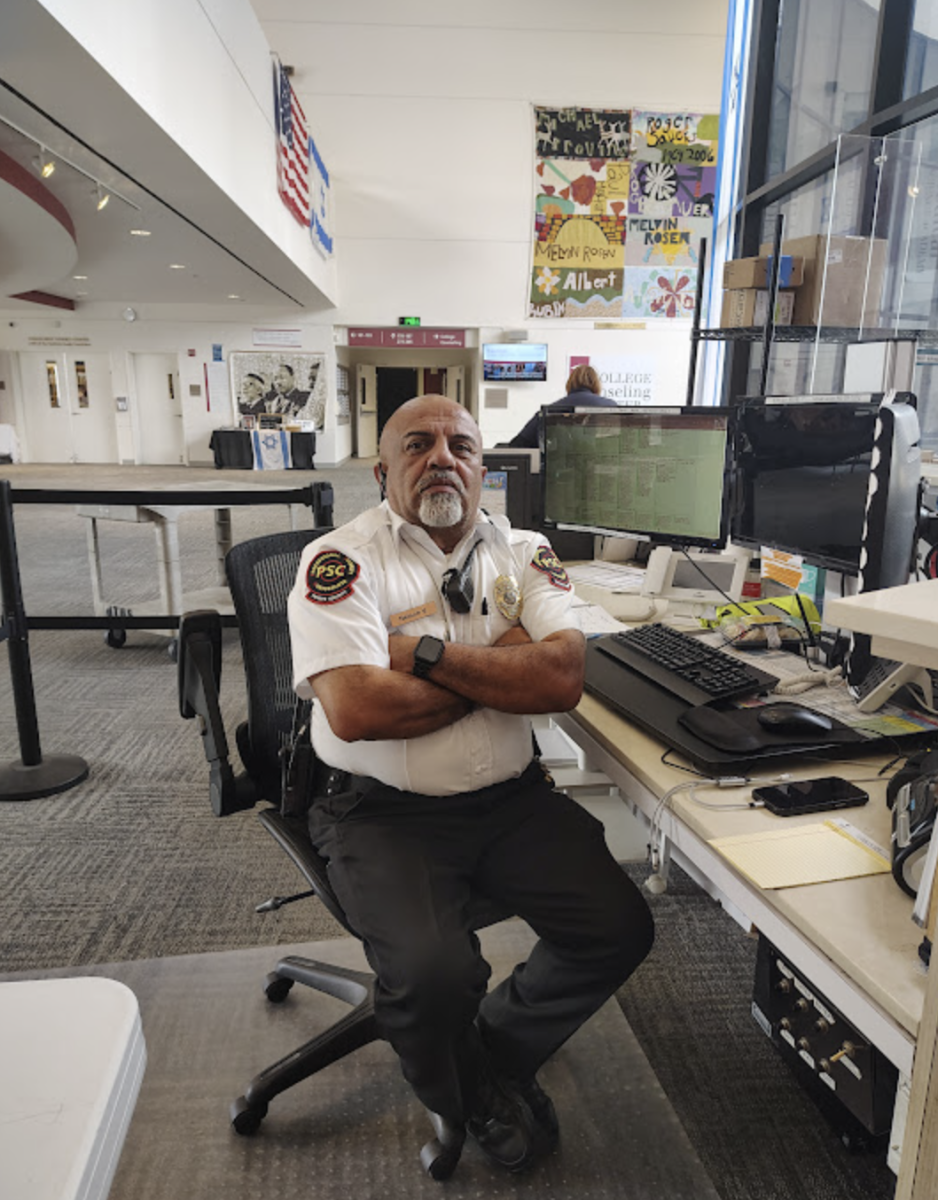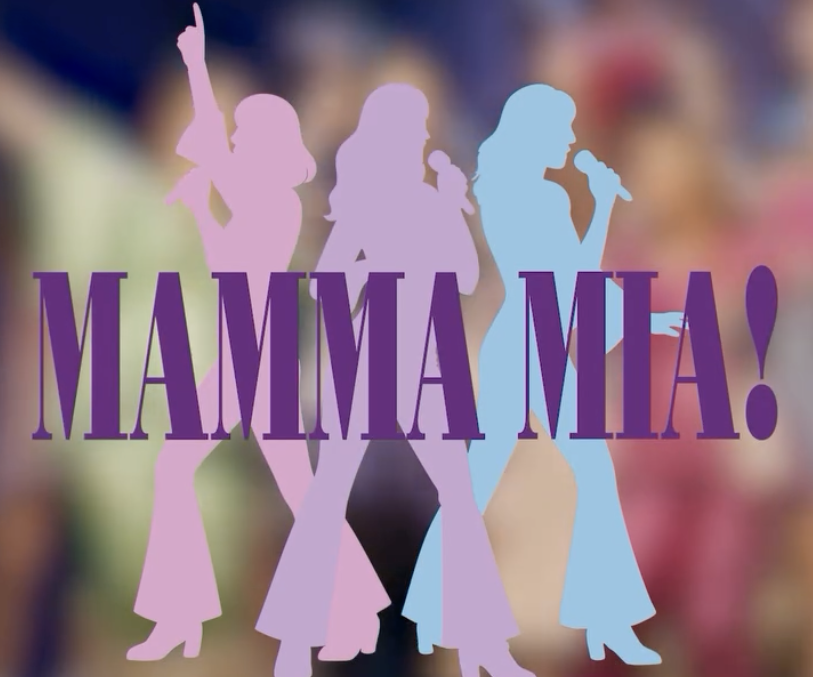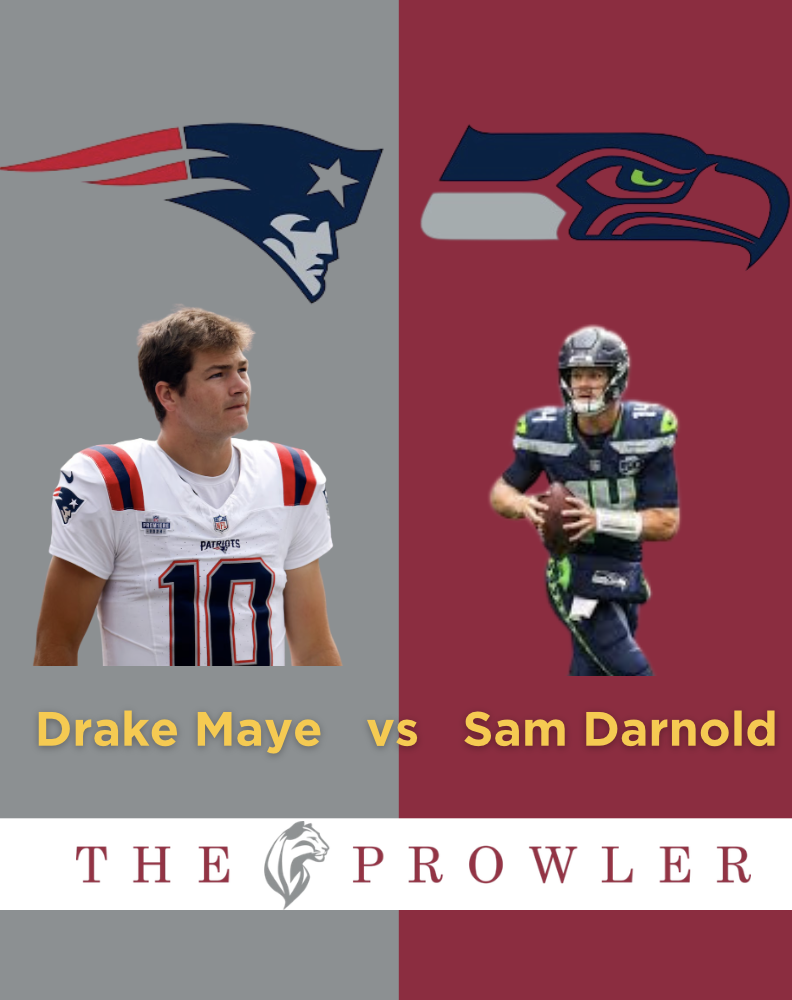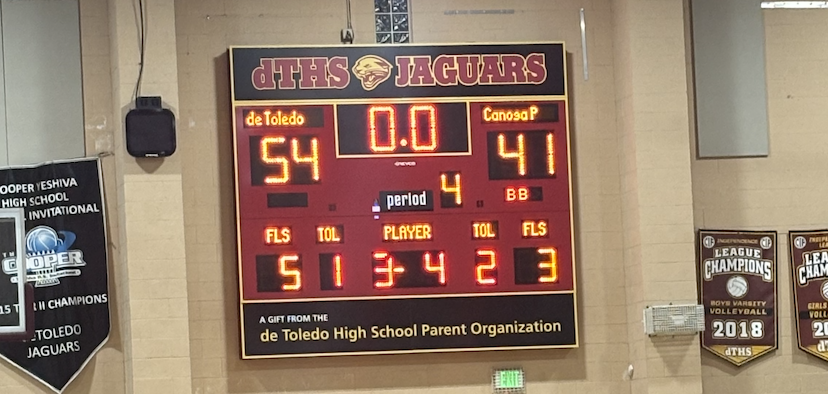Denial: Exercising Right To Free Speech, or Outright Lies?
November 1, 2016
Denial, directed by Mick Jackson and released last month, is about a man, David Irving, who denies the existence of the Holocaust. When he is publically called out for his denial, he decides to sue the woman responsible for labeling him a liar.
The opening of the movie claims that it is based on a true story. The writer, David Hare, claimed in an interview that it is not simply based on a true story but that it is a true story. He states that he doesn’t “attribute to Irving any line that he is not on record as having said.” Irving’s lines in the film are taken verbatim from the trial.
This seemingly simple court case turned into a worldwide scandal as the pressure was on to win. Deborah Lipstadt, the woman Irving sued, knew that if she lost, it would become publically acceptable to deny the existence of the Holocaust.
It fell entirely on her to ensure that millions of Jews did not die in vain.
Unlike America, in the English legal system, in cases of libel, the burden of proof is on the accused. This case was tried in English courts; therefore, it was up to Lipstadt to prove her innocence.
Lipstadt’s innocence was difficult to prove because technically, she did call Irving out in her book for being a Holocaust denier, therefore committing the crime of libel (a published false statement that is damaging to a person’s reputation).
The controversy that arises with a movie such as this is whether or not David Irving, the man suing Lipstadt for libel, was simply voicing his sincere belief that the Holocaust did not happen, or promoting an interpretation that he knew to be false.
Some would say that Irving was simply expressing his right to free speech when he publicly denied the Holocaust, as was Lipstadt (when she criticized Irving for his statements). Others would say that Irving was at fault for denying the existence of the Holocaust, something we know to be true. A few would even say that Lipstadt was committing libel. In a case when there are so many people that could be at fault, how do we know who really is “guilty”?
We live in America where, today, it is a national right of every person to express their opinion.
In other countries and time periods, such as Nazi Germany, people did not have this right. People were persecuted for speaking out against the government and for simply practicing a different religion.
Although this case occurred in 1996, this right of free speech was still available to citizens of this time.
When Lipstadt published her book on Holocaust deniers, she was not lying by saying that Irving denies the existence of the Holocaust. He openly did. He only started to care that people knew that when a book was published that might have damaged his reputation.
During the movie Irving not only expresses his opinion but attempts to equate his opinion to fact. This is evident from the way that he pretends that what he thinks happened, or didn’t happen, is the truth. This is where the line is drawn between exercising one’s rights and outright lying.
Rachel Weisz, who portrayed Lipstadt, stated that she and (the real) Deborah Lipstadt hope that this movie not only tells the chilling story of what happened, but also teaches everyone to stand up to those who casually make racist and anti-Semitic comments as though that were okay.




